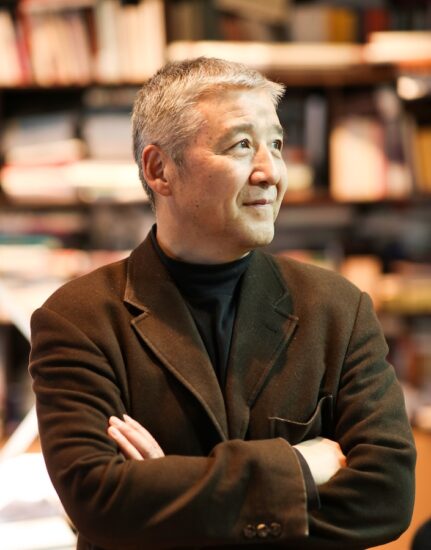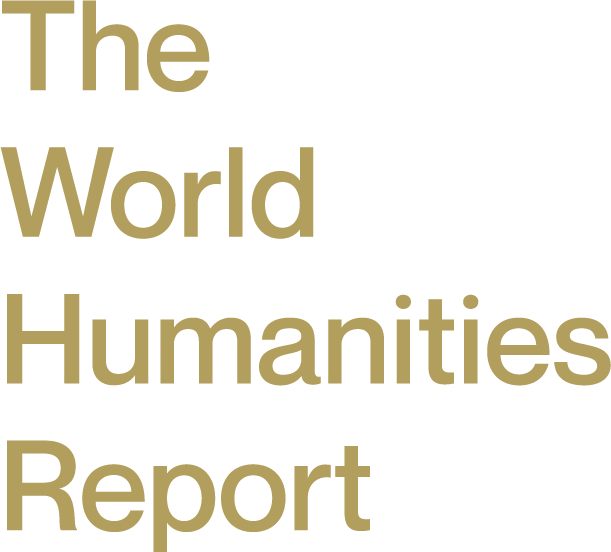WANG Hui

Wang Hui is the founding director of the Tsinghua Institute for Advanced Study in Humanities and Social Sciences (TIAS). He teaches at Tsinghua University as Distinguished Professor of Literature and History. Wang Hui graduated with a PhD degree in Chinese literature from the Chinese Academy of Social Sciences in 1988. In 1996–2007 he served as the chief editor of Dushu magazine (《读书》杂志), the most influential intellectual journal in China. Since the early 1990s, he has been invited to many universities around the world as visiting professor or research fellow, including Harvard, Columbia, NYU, Stanford, Tokyo University, Wissenschaftskolleg zu Berlin, and Bologna University. He has published extensively on Chinese intellectual history and literature, and engaged in debates on historical and contemporary issues. His books have been translated into English, Italian, Spanish, Japanese, Korean, German, Slovenian, Portuguese, and other languages. The English-language translations include China’s Twentieth Century (2015), China From Empire to Nation-State (2014), The Politics of Imagining Asia (2010), The End of Revolution (2009), China’s New Order (2003), and The Rise of Modern Chinese Thought (2023). His four-volumes work The Rise of Modern Chinese Thought in Chinese (2004) is regarded as one of the most important contributions to modern Chinese scholarship over the past two decades. Wang Hui is the recipient of numerous awards such as 2013 Luca Pacioli Prize in Italy, which he shared with Jürgen Habermas, and Anneliese Maier Research Award (2018) in Germany.
Authored Essays
Introduction – The Past and Present of the Chinese Humanities

 View PDF
View PDF